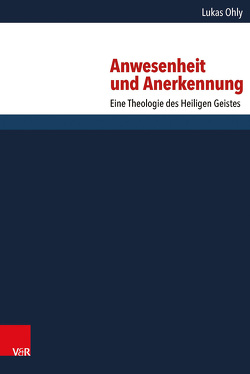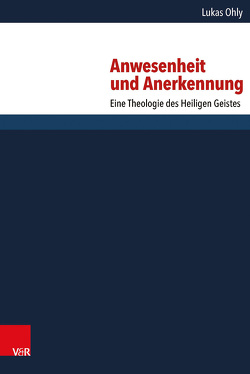Macht und Autorität
Ihre Ambivalenz in Kirche und Gesellschaft
Arno Schilberg, Bernd Weidmann
Macht und Autorität sind schillernde Phänomene. Ihre Ambivalenz rührt daher, dass sie von einem auf den anderen Moment ihre Farbe ändern können. So ist das positive Verständnis von Macht, die Fähigkeit, mit anderen etwas Neues anzufangen (H. Arendt), vom negativen, der Fähigkeit, gegen andere seinen Willen durchzusetzen (M. Weber), nur in der Theorie klar unterschieden. In der Praxis dagegen gehört beides untrennbar zusammen, sofern die Kooperation einer Gruppe immer schon in Konkurrenz zu einer anderen steht. Ob dabei der positive Anfangsimpuls im weiteren Handlungsverlauf bewahrt werden kann, ist eine Frage persönlicher Haltung und hängt nicht zuletzt davon ab, wie Macht auf Autorität bezogen ist: Entfaltet sie sich autoritativ, durch Bindung an ein Unbedingtes, das vom Kampf der Mächte unberührt bleibt, oder wird sie autoritär? Der Band thematisiert diese Frage nach dem Verhältnis von Macht und Autorität aus politischer, juristischer, psychologischer, soziologischer, pädagogischer und theologischer Perspektive.
Mit Beiträgen von Hans-Bernd Brosius, Eberhard Hauschildt, Stefan Kühl, Rüdiger Lux, Stefan Müller-Doohm, Hendrik Munsonius, Marcel Saß, Harald Schliemann und Hans-Jürgen Wirth
[Power and Authority. Their Ambivalence in Church and Society] Power and authority are dazzling phenomena. Their ambivalence stems from the fact that they can change colour from one moment to the next. Thus, the positive understanding of power, the ability to start something new with others (H. Arendt), is clearly distinguished from the negative one, the ability to enforce one’s will against others (M. Weber), only in theory. In practice, however, both belong inseparably together, insofar as the cooperation of one group is always in competition with another. Whether the positive initial impulse can be preserved in the further course of action is a question of personal attitude and depends not least on how power is related to authority. The present volume addresses the question of the relationship between power and authority from political, legal, psychological, sociological, educational, and theological perspectives.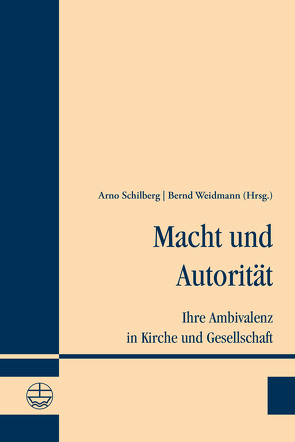
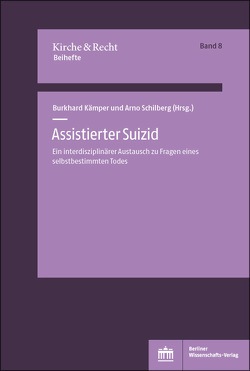
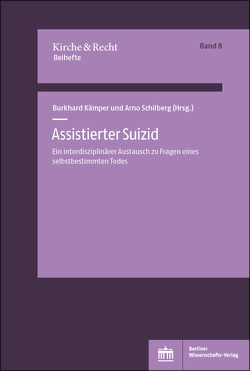
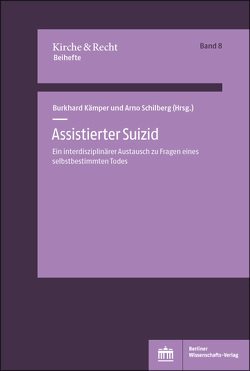

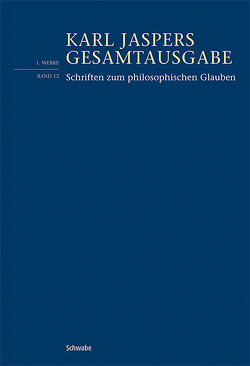


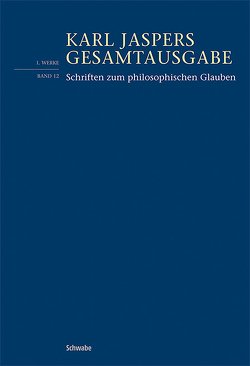



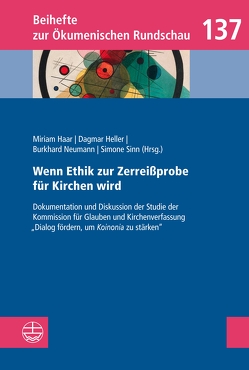
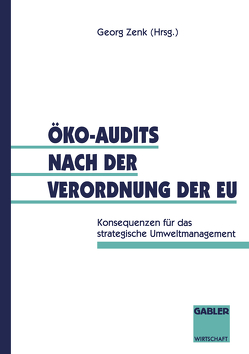
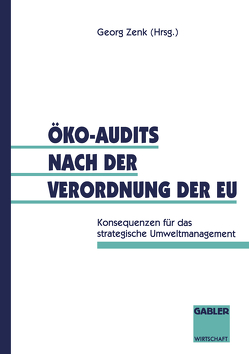
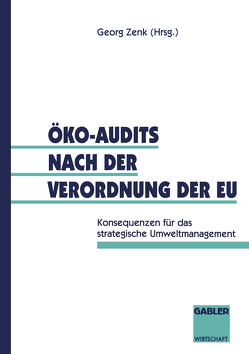
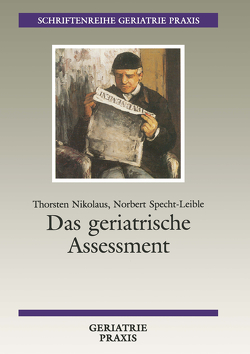




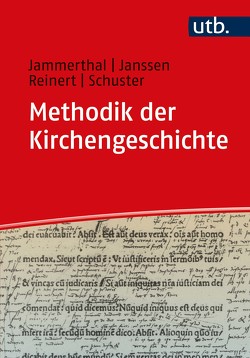
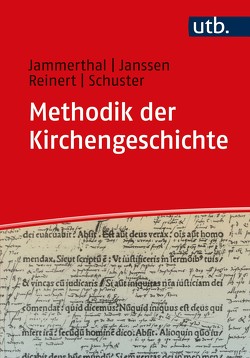
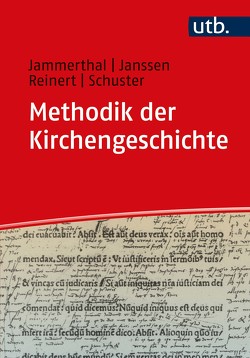
![Kirche[n]gestalten von Abromeit, Hans-Jürgen, Bedford-Strohm, Heinrich, Dunlop, Sarah, Faltin, Günter, Flessa, Steffen, Gärtner, Christel, Herbst, Michael, Jackelén, Antje, Koeniger, Kolja, Körtner, Ulrich H. J., Monsees, Jens, Müller , Sabrina, Ohlemacher, Jörg, Paas, Stefan, Schlegel, Thomas, Schliesser, Benjamin, Sellmann, Matthias, Tomlin, Graham, Ulrich, Gerhard, Ward, Peter, Zimmermann, Johannes Kirche[n]gestalten von Abromeit, Hans-Jürgen, Bedford-Strohm, Heinrich, Dunlop, Sarah, Faltin, Günter, Flessa, Steffen, Gärtner, Christel, Herbst, Michael, Jackelén, Antje, Koeniger, Kolja, Körtner, Ulrich H. J., Monsees, Jens, Müller , Sabrina, Ohlemacher, Jörg, Paas, Stefan, Schlegel, Thomas, Schliesser, Benjamin, Sellmann, Matthias, Tomlin, Graham, Ulrich, Gerhard, Ward, Peter, Zimmermann, Johannes](https://buch-findr.de/media/kirchengestalten-abromeit-hans-juergen-bedford-strohm-heinrich-dunlop-sarah-faltin-guenter-flessa-steffen-gaertner-christel-herbst-michael-jackelen-antje-koeniger-kolja-koertner-4_9783788733988_250.jpg)


